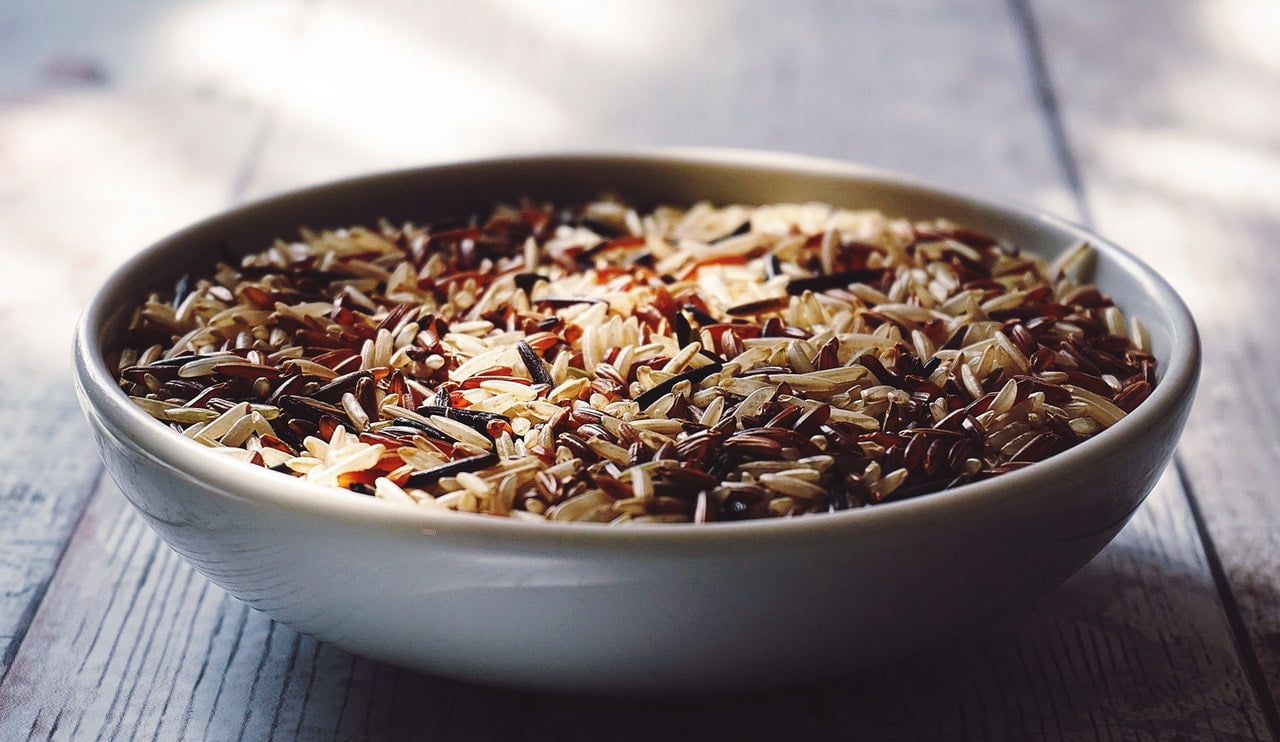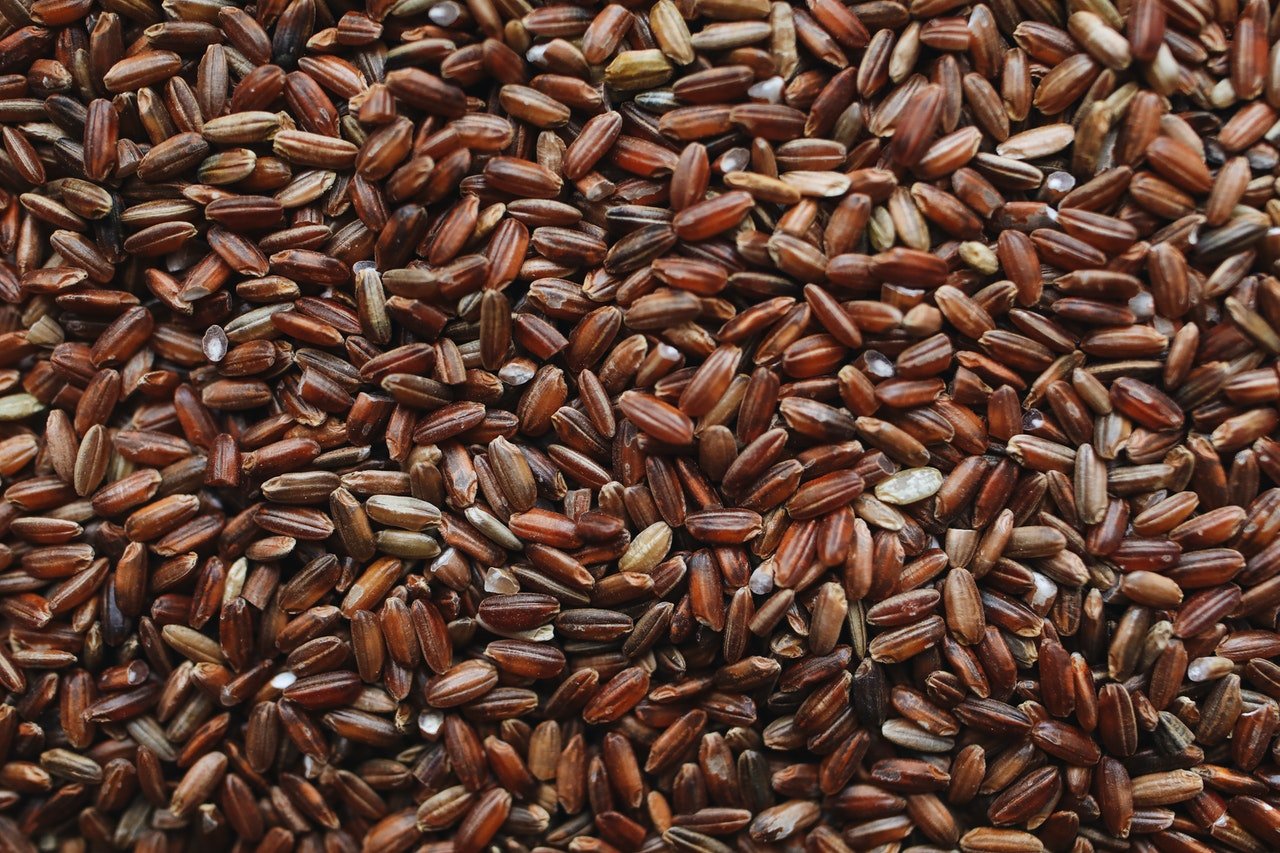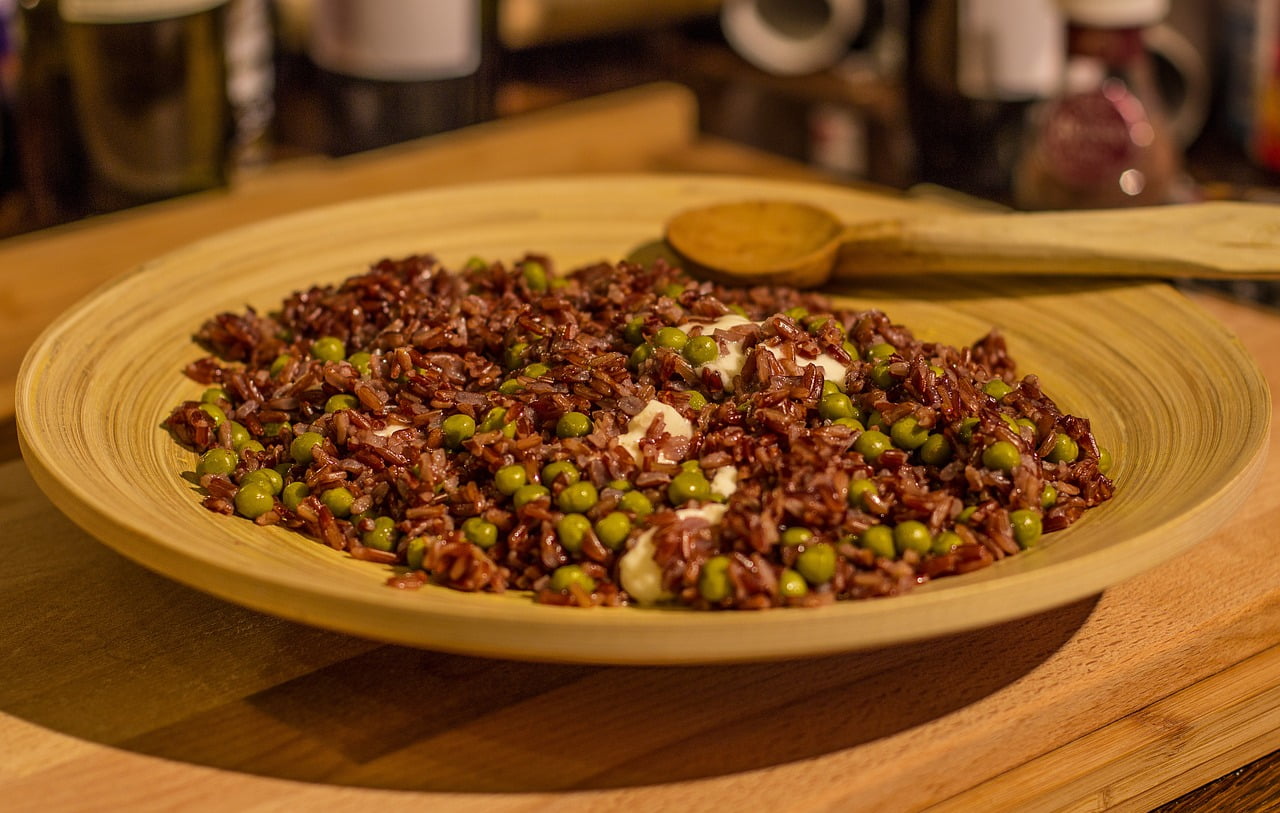Our bodies absorb and receive nutrients differently depending on minerals and their origins. Zinc is a good example of the previously mentioned information.
What is chelated zinc? What difference does chelated zinc make compared to regular zinc nutrients? Let’s go through some points on this topic.
Chelated zinc
Chelated zinc is a supplement that contains zinc bound to a chelating agent. The chelating agent is a mixture that bonds with ions in metals such as zinc to form a stable and water-soluble mineral that can be easily absorbed into the body. The human body is not very good at absorbing different types of metal, so this form of zinc is essential. As a result, some commercially available zinc supplements contain zinc in this chelated form. The zinc metal’s absorption process, on the other hand, is determined by the chemical compound to which it is bound.

The advantages
Many nutritionists prefer chelated minerals since their complex structures are better at surviving the entry through one stomach and into the small intestine, where they are absorbed into the bloodstream. Moreover, chelated minerals can withstand the acid and enzymes in the stomach thanks to the connections between the chelating agent and metal ions that keep the mineral complex together.

Zinc in brown rice
Rice provides about 20% of the globe’s dietary intake. Brown rice is the healthiest choice because it is a whole grain that contains more fiber and nutrients than white rice. It’s high in thiamine, vitamin, magnesium, zinc, and phosphorus. Zinc is a mineral that your body needs for cell division, the formation of proteins, DNA, cognitive ability, immunity, and wound healing. A healthy sense of smell and taste relies on adequate zinc intake. Since your body does not store zinc, you must consume it regularly to meet daily requirements.

Brown rice provides 1.21 grams of zinc per 1-cup serving. This is 15% of the recommended dietary for women, which is 8 milligrams per day, and 11% for men, about 11 milligrams per day. Zinc intake for pregnant women is about 11 milligrams per day.
Recommendation
Before using a chelated zinc supplement, you should carefully research the side effects or feedback that may occur. Compromised immune function, decreased appetite, diarrhea, hair loss, and weight loss are all symptoms of zinc deficiency. Individuals like vegans, drinkers, pregnant women, people with cell disease and gastrointestinal disorders are at higher risk of zinc deficiency and may require proper nutrients supplementation.

